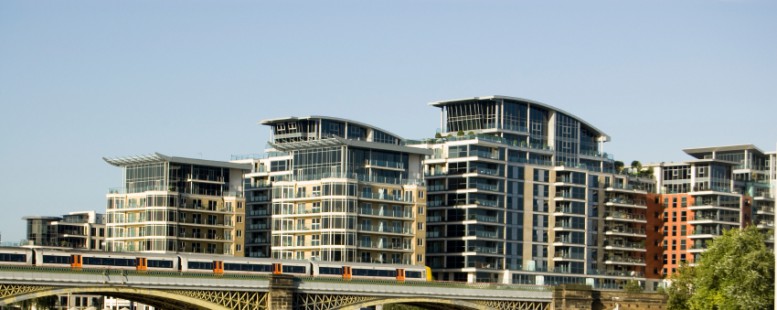Our Opinion: 2016
London property price fall

In March, we reported that London’s property market may finally be cooling. Latest figures now confirm that to be the case.
Up to 40% of houses for sale in some areas of the capital have cut their asking prices since coming to market, according to property analysis firm Propcision. Earl’s Court has suffered the highest proportion of cuts. Other areas, including Fulham, Kensington and Chelsea, Westminster and Hammersmith have also been hit hard.
The pressure on asking prices is largely a result of supply outstripping demand. There are plans to build up to 35,000 high-end properties worth almost £77bn in the next decade – 40% more than in 2014. Meanwhile, demand for these types of new-build properties has slumped.
Sales of properties under construction in London dropped by 19% in the last quarter of 2015. This is largely due to international buyers opting to invest elsewhere due to higher taxes and low commodity prices. The percentage of overseas buyers fell from about 33% to 20% last year, says broker Hamptons International.
Whilst foreign buyers are a key element in London’s property market, and vital to London’s status as an ‘international’ city, not everybody will be sorry to see them go. Donald Toon, the head of the National Crime Agency, recently said that “prices are being artificially driven up by overseas criminals who want to sequester their assets here in the UK.”
The Panama Papers leak has focused attention on this issue, by revealing individuals who have connections to questionable regimes overseas, or are suspected of links to corruption, who have been buying up London property via offshore companies. One in ten properties in Kensington & Chelsea is now owned through a company in an offshore jurisdiction, such as the British Virgin Islands or the Isle of Man. Naturally, there are many legitimate reasons such structures exist, but the Panama stories focus on those with something to hide.
Estate agents and lawyers who are involved in transactions they believe may involve corrupt individuals or money laundering can file Suspicious Activity Reports (SARs) with the National Crime Agency. In the year to September 2015, the number of reports filed doubled in volume.
Across the whole of the UK, however, house prices have risen by more than 10% over the past year, according to the latest Halifax house-price index. Overall, residential property prices have risen by 37% since 2008, with flats rising more sharply than other types of property (up 57%).
The recent price rises may have been caused by buy-to-let landlords and second-home buyers rushing to beat April’s rise in stamp duty. If so, the pace of increases is now likely to slow. Worsening sentiment over the UK economy and uncertainty ahead of the European referendum in June may also put pressure on the market.
4th May 2016
